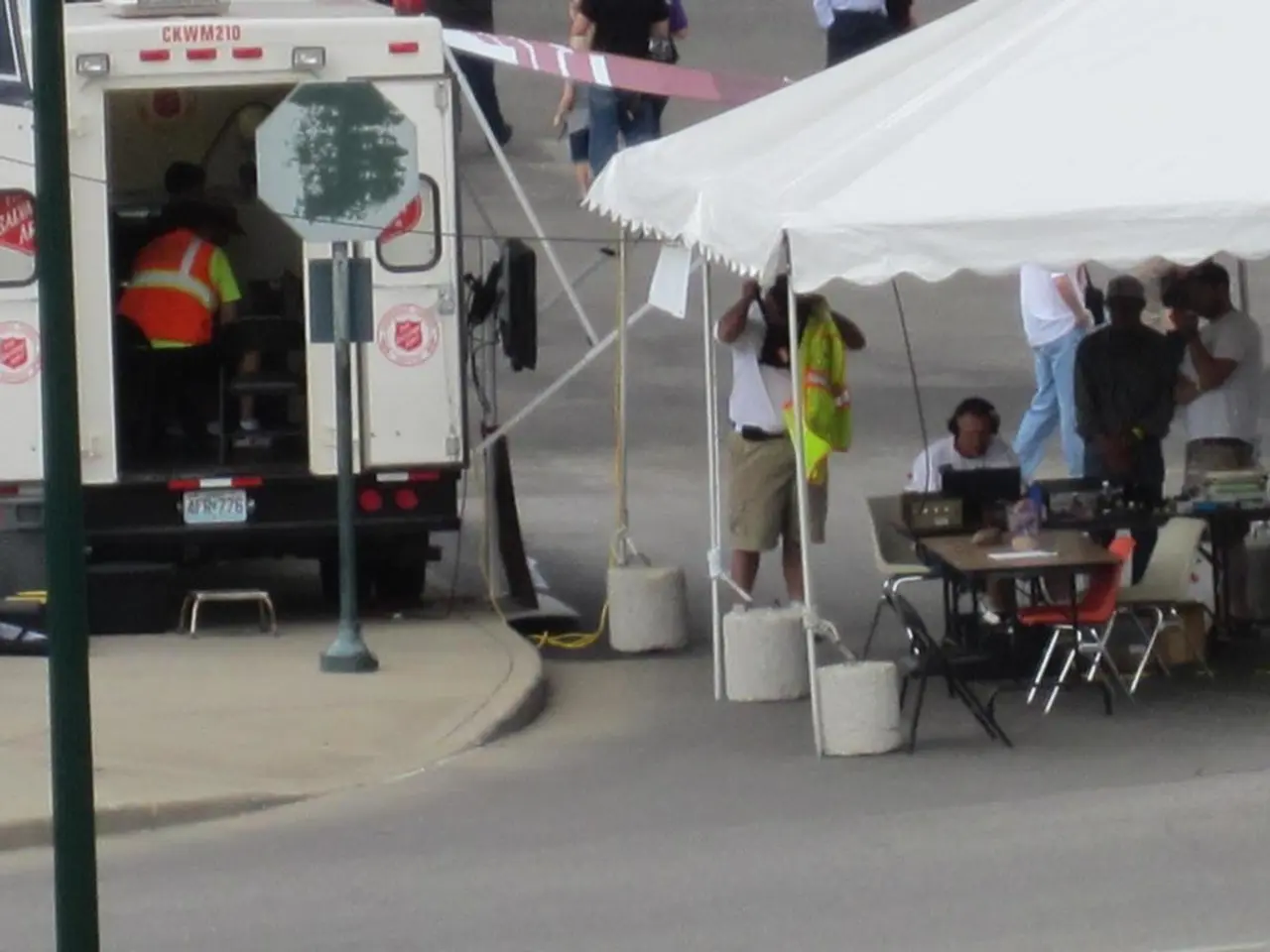Largest Beneficiaries and Victims of Trump's Fresh Tax Policy Reforms
The Trump administration's recent tax and spending package, known as the "One Big Beautiful Bill" (OBBB), is projected to have significant negative impacts on rural hospitals and clinics. The package, which includes substantial cuts to Medicaid spending, is estimated to add nearly $3.4 trillion to the national debt over the next 10 years.
One of the key impacts of the OBBB is the risk of closures and service reductions for over 700 rural hospitals nationally, including more than 200 in the Midwest. Many of these hospitals are already operating on thin financial margins and serve populations with high reliance on Medicaid, where approximately one in four adults in rural areas depends on the program for health coverage.
The OBBB's cuts to Medicaid payments to hospitals frequently fall below the actual costs of care, worsening the discrepancy. As a result, rural hospitals must absorb more care costs without reimbursement, jeopardizing their financial sustainability.
The package also increases the burden of uncompensated care on rural hospitals, as more people are expected to lose Medicaid coverage. This could lead to a significant increase in the number of uninsured patients seeking care at rural hospitals, further straining their already limited resources.
Although the legislation includes a $50 billion fund intended to support rural hospitals over five years, it is widely seen as insufficient. The funding would cover only about one-third of the expected Medicaid cuts and would amount to relatively small payments per hospital that won't prevent closures or service cuts.
In summary, the OBBB threatens to destabilize the rural healthcare infrastructure, potentially leading to fewer healthcare services and hospital closures in rural communities. This could negatively affect not only Medicaid recipients but all patients relying on these facilities.
[1] "Rural Hospital Funding in the Infrastructure Investment and Jobs Act: A Summary" (Kaiser Family Foundation, 2021)
[2] "Rural Health Fact Sheet" (National Rural Health Association, 2021)
[3] "Rural Hospitals Face Uncertain Future as Medicaid Cuts Loom" (Modern Healthcare, 2021)
[4] "Medicaid Cuts in the Build Back Better Act Could Impact Rural Hospitals" (National Rural Health Association, 2021)
[5] "Medicaid Cuts in the Build Back Better Act Could Impact Rural Hospitals" (Health Affairs, 2021)
- The lack of adequate funding in the "One Big Beautiful Bill" (OBBB), combined with technology advancements, may result in telemedicine solutions becoming more prevalent in rural areas, as rural hospitals struggle to stay afloat and provide general-news updates suggest that many rural residents may rely on such services for their healthcare needs.
- In an era of political polarization and debate over healthcare policy, the OBBB's potential impact on rural hospitals sparked heated discussions in sports media, with pundits comparing it to a challenging game where the underdog team faces numerous hurdles, in this case, the hurdle being the financial viability of rural healthcare centers.




